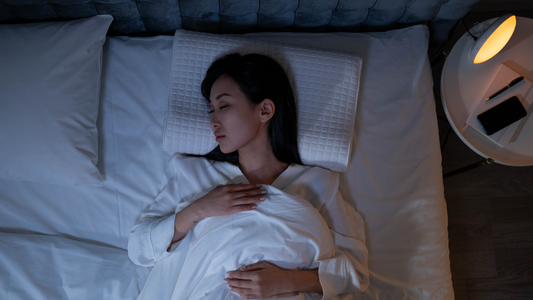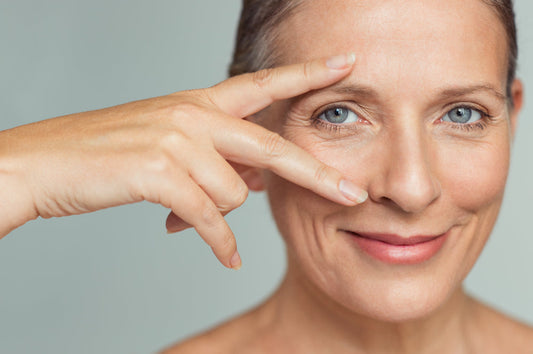Health and Wellness Blog

Best Essential & Carrier Oils for Hair Growth: Top Picks Backed by Science
Ever found yourself asking, “What actually helps hair grow thicker and keeps your scalp healthy these days?” If the answer is yes, then you have found the right blog. Nowadays,...

8 Harmful Chemicals to Avoid in Shampoo & Conditioner (Safer Swaps)
Nowadays, many people are taking the time to read ingredient labels - not just on food, but also on everyday items like shampoo and conditioner. And, it makes sense! We...

10 Ingredients That Support a Healthy Scalp and Hair
A healthy scalp is the foundation of strong and voluminous hair, yet it’s surprisingly overlooked in regular hair care routines. Let’s face it – when you’re trying to improve your...

Berberine for Candida Overgrowth: Benefits, Research, and Natural Support
Explore how berberine, a plant-based compound, may support microbial balance and gut health in addressing Candida overgrowth. Learn about its potential antifungal properties, immune support, and role in a holistic...

Supporting Gut Balance: A Low-Sugar Diet to Help Reduce Fungal Overgrowth and Promote Digestive Wellness
Prevent getting infected with parasites and protect yourself with a parasite cleanse that can boost your immune system!

Inflammation Diet: A Diet to Follow to Support Balanced Inflammation Levels
Inflammation Diet: A Diet to Follow to Support Balanced Inflammation Levels If you are trying to stay healthy, you have probably heard about the inflammation diet. In fact, it has...

The Best Sleeping Positions for Digestion and Gut Health
Sleep is crucial for overall health, and it plays a particularly important role in digestion. How you sleep can affect how well your digestive system functions, impacting everything from acid...

Mindfulness: Everything You Need to Know
Mental health has become a greater focus for many people in recent years. The demands of modern life can be stressful and overwhelming. As people seek for new ways to...

Best Nutrients for Eye Health and Vision
Our eyes are our windows to the world. They allow us to view our environment, connect with our surroundings, keep us safe, and help us stay mentally sharp and alert....